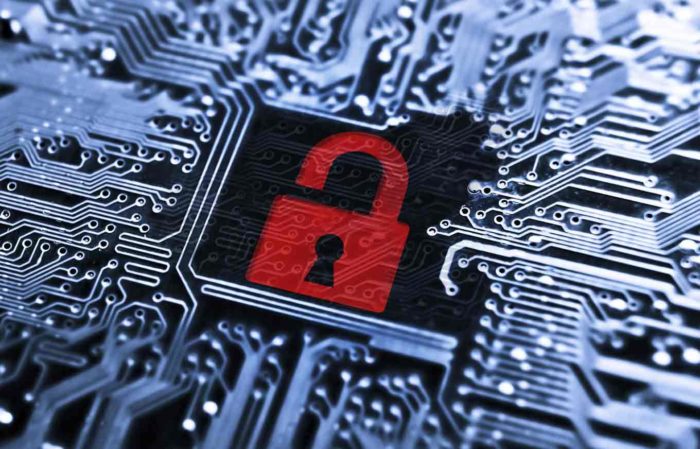Following the cut of Albanian diplomatic ties with Iran and the expulsion of Iran’s embassy staff from the state, Albania has sent a sharp letter to the UN Security Council (September 2022) stating that Iran is posing a threat to its citizens trying to delete government systems, steal data from Albania, and create insecurity in the country. The letter came after the U.S. has revealed its investigation findings of the July (2022) cyberattack. Furthermore, for the first time this kind of cyber-attacks was defined a ‘State aggression’ by the Albanian Prime Minister, Edi Rama, in his video statement.
The Iranian Attack
The Albanian security services have been assisted by Microsoft and NATO specialists (Albania is a member of NATO). The forensic report discovered that the cyberattack had the same characteristics as cyberattacks carried out in the past year against government services of other countries, such as Germany, the Netherlands, Belgium, Lithuania, Ukraine, Kosovo, Malta, and other States. According to Albanian officials, the cyberattack was carried out by Iran. NATO backed the findings and the assertion pointing to Iran as the attacker. Therefore, all the NATO Allies strongly condemned the cyber-attacks “designe(d) to destabilize and harm the security of an Ally” and considering in the future “possible collective responses”.
A group by the name “HomeLandJustice” took responsibility for the attack, but others point to the Iranian cyber group “APT42”, which operates to act within the Iranian regime and the Republican Guard (IRGC). In addition, “APT42” is engaged in the development and distribution of spyware and malware and is related to ransomware attacks.
The Iranian Strategy
What we see in Albania, should serve as a wakeup call for the West, especially for the probable motivation of the Iranian orchestration and sponsorship of the cyber-attack. Albania is hosting 3,000 Iranian political dissidents, members of the Mujahedeen-e-Khalq (MEK), who were planning to hold the Free Iran World Summit, before cancelling it. Moreover, Iran is moving rapidly to implement its strategy to seek hegemony in the Middle East. The Iranian strategy stands on two main pillars. The first pillar is the use of terror to get a foothold in any place they can. And recently seeking to destabilize Albania. The second pillar is the Iranian nuclear project. Iran has never ceased it nuclear race and wants to acquire military nuclear capabilities to provide the Iranian regime a protective umbrella. Iran can already become a nuclear power overnight. However, they have no reason to cease the ambiguity about their intentions. This is a comfort zone for them in their relations with the world powers.
The nuclear agreement with Iran
As the west is running now to sign the nuclear agreement with Iran, an agreement which not only pave the way for an Iranian nuclear bomb but will provide Iran with billions that will be funneled to extend the revolution and push for instability in the middle east, Europe, and the US. What we have seen in Albania, is a minor demonstration of Iranian cyber capabilities. However, Iran will not operate only in the cyberspace, it may use the fortune it will receive after signing the nuclear agreement for physical terror operations and to expand political instability.
Conclusion
In my view, it is time to start discussing responsibility and accountability of State sponsoring cyber-attacks and to reconsider the agreement with Iran in order to think about the ways to stop Iran from its irresponsible conduct. In a statement by the White House (September 7th) the U.S. strongly condemn Iran’s cyberattack against NATO Ally, Albania, and that it should be held accountable for this unprecedented cyber incident. The United States will take further action to hold Iran accountable for actions that threaten the security of a U.S. ally and set a troubling precedent for cyberspace. The right words are there. However, where are the actions against Iran?








 English (US)
English (US)